
Special Session: CII Heads of Participating Organizations Meeting: Creating a Unified Platform for All Investigative Offices
The CII Heads of Participating Organizations Meeting is a high-level, strategic session chaired by the CII Secretariat that aims to provide a dedicated space for strategic dialogue on the collective vision for CII, its role as a unifying body for investigative offices, and the pathways to enhance its impact. It is an opportunity to create a more cohesive CII — one that ensures inclusivity, improves visibility of ongoing initiatives, addresses common challenges‑, and sets the stage for coordinated future action.
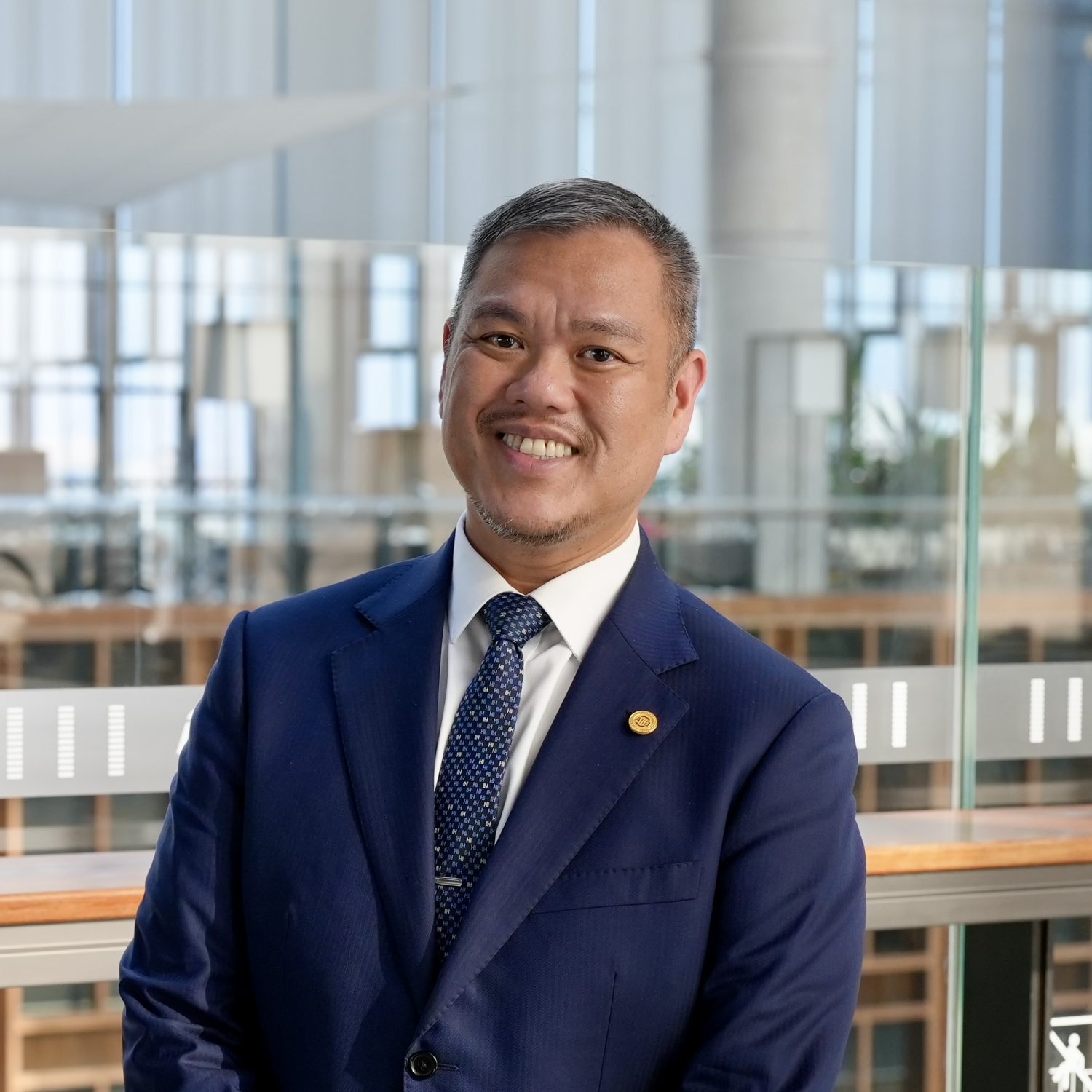
Andrew Mendoza (AIIB) – Chair of the CII Secretariat
Andrew Mendoza is Head of Integrity at the Asian Infrastructure Investment Bank (AIIB). He leads investigations into project-related Prohibited Practices and manages integrity risk under AIIB’s Policy on Prohibited Practices (PPP). He has played a central role in building and strengthening AIIB’s integrity framework, advancing reforms, supporting enforcement mechanisms, and integrating risk management into project operations.
Andrew has more than 20 years of international experience in project operations, investigations, and anti-corruption. He spent over a decade at the World Bank, working first in project operations and later in the Integrity Vice Presidency (INT), where he investigated cases of fraud and corruption in development projects. His work contributed to debarments, sanctions, and reforms that improved accountability in the use of development resources. At the United Nations, he investigated project fraud and staff misconduct, producing findings that resulted in disciplinary actions and operational improvements.
Andrew serves as Chair of the Conference of International Investigators (CII) Secretariat and the AIIB Host Committee for CII2025. The conference will be held in Beijing, marking AIIB’s 10th anniversary and the CII’s 25th year. A Filipino national, he holds an advanced degree in economics and is a Certified Fraud Examiner (CFE).
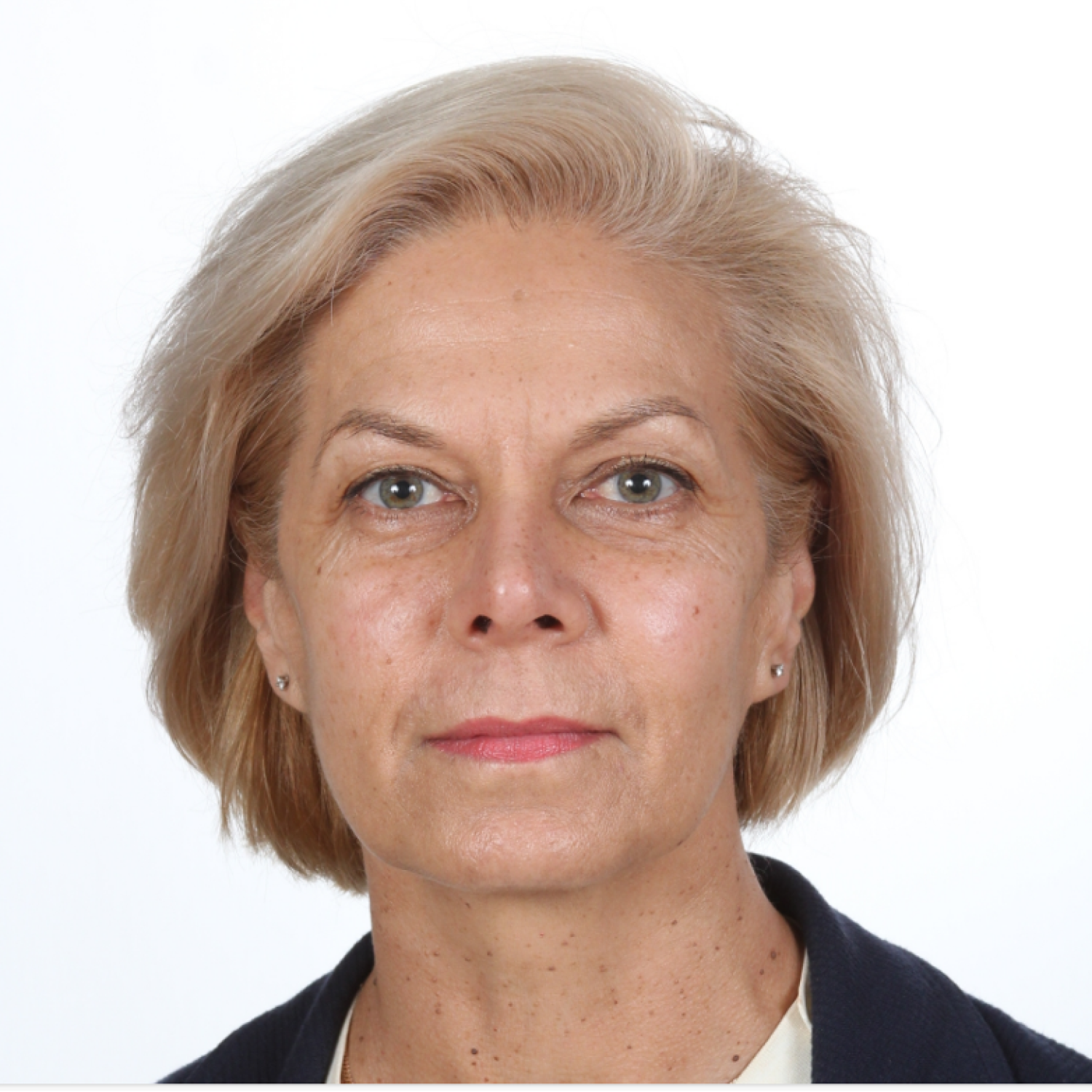
Suzette Schutlz (UN OIOS)
Suzette Schultz has served as Director of the Investigations Division of the Office of Internal Oversight Services (OIOS) since September 2022. She leads a team of 115 staff across three regional offices—in New York, Vienna, and Nairobi—a surge office in Entebbe, and peacekeeping missions in Bangui, CAR; Juba, South Sudan; and Goma, DRC. A qualified lawyer and advocate, Ms. Schultz was previously Deputy Prosecutor-General of the High Court of Namibia, where she prosecuted cases for nearly a decade. She joined the United Nations in 2003, taking on various roles, mostly within OIOS and based in diverse locations such as Arusha, Tanzania; Vienna; Entebbe, Uganda; Baghdad, Iraq; and New York, where she has spent most of her UN career.
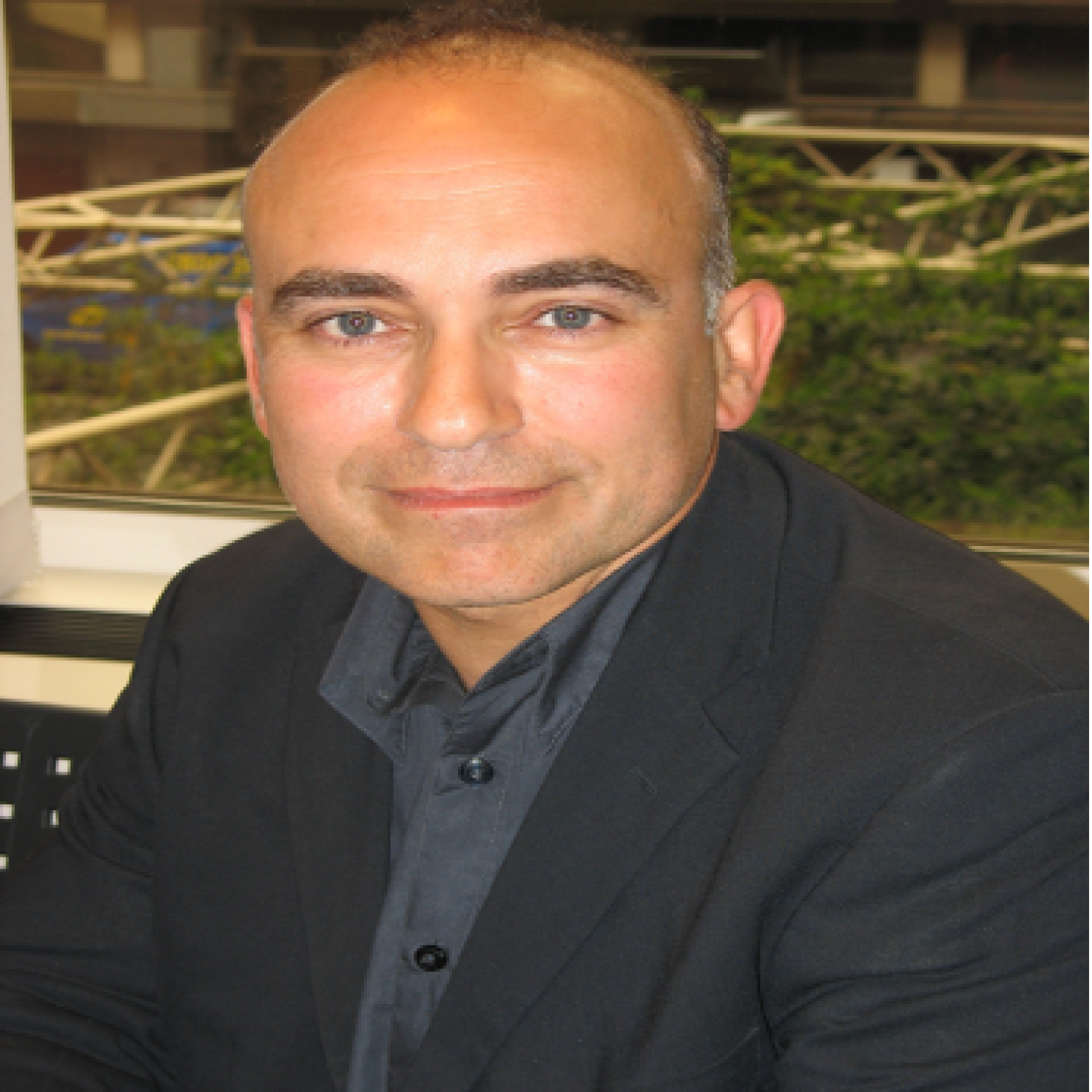
Alan Bacarese (WB)
Alan joined the World Bank Group’s Integrity Vice Presidency (INT) as Director of Investigations, Strategy, and Operations in February 2021.
In this role, Alan oversees INT’s investigations of alleged fraud, corruption, and other sanctionable practices involving projects and activities financed by the World Bank Group, its corporate vendors, and World Bank Group staff, as well as efforts to litigate substantiated investigations within the World Bank Group’s Sanctions System. He also manages INT’s Prevention, Risk, and Knowledge Management function, to promote best practices in the prevention of fraud and corruption in World Bank Group–supported projects. In addition, Alan provides support to INT’s Vice President in setting the strategic priorities for the unit’s overall anticorruption efforts.
Alan has over 30 years experience in investigating and prosecuting matters of international fraud and corruption. Before joining INT, he was the Director of Integrity and Anti-Corruption for the African Development Bank, where he led the Bank’s anticorruption investigation function and its policies on anticorruption and integrity measures, as well as the Bank’s business integrity due diligence function. His past roles include serving as a UK Senior Crown Prosecutor, the first Head of Legal and Case Consultancy at the Basel Institute’s International Centre for Asset Recovery and an External Member of the Inter-American Development Bank’s Sanctions Committee. Alan is a UK national and holds an LLB (Hons.) in law and is qualified as a UK Barrister and an Advocate of the Higher Courts of England and Wales. He is the author of many published articles, technical papers and is a co-author to the UK’s leading UK legal text on Corruption and Misconduct in Public Office (published by OUP – 4th Ed. – https://academic.oup.com/book/58180).
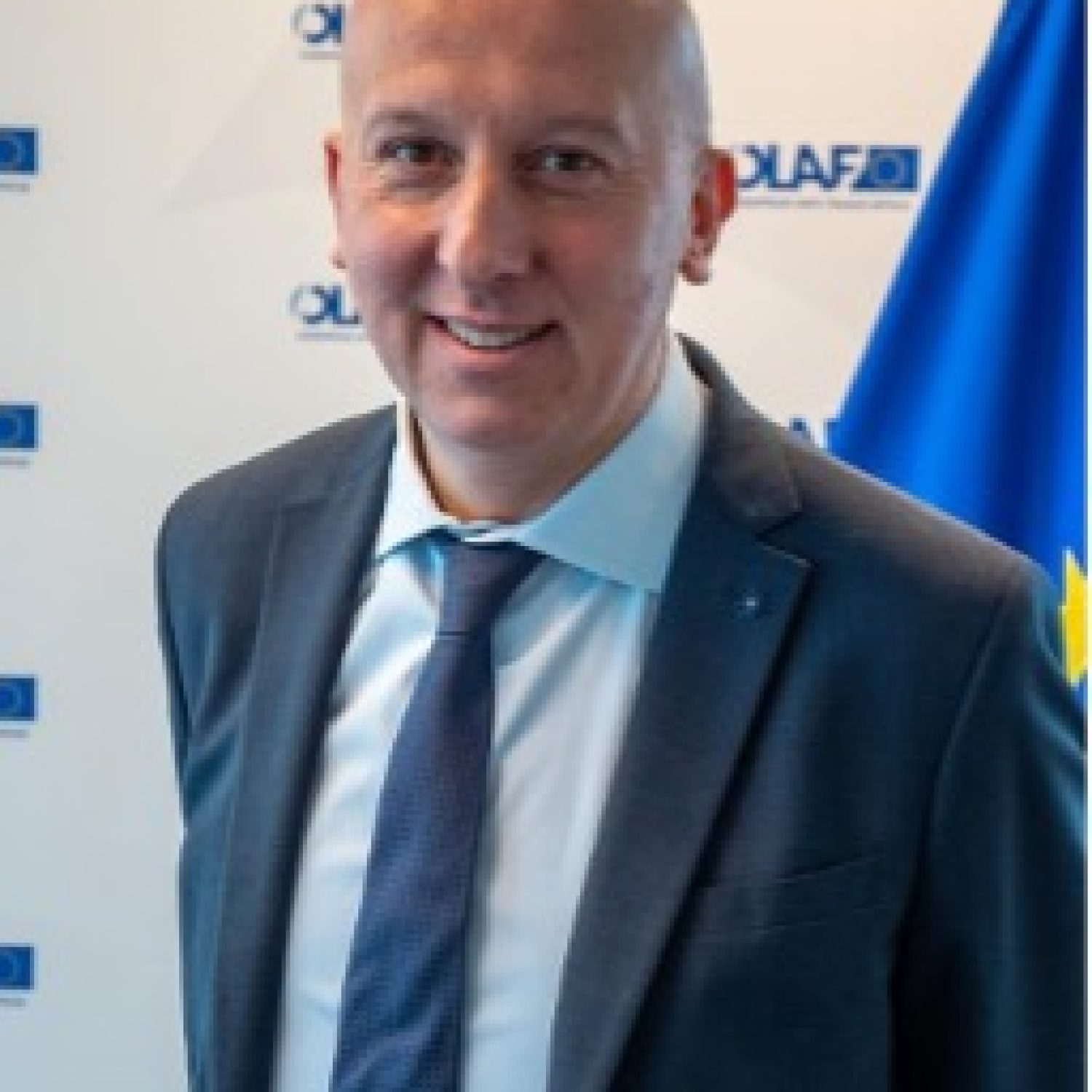
Biagio Fiorito (OLAF)
Biagio is the Head of an investigative Unit of the European Anti-fraud Office mandated to fight fraud and protect EU funds disbursed in the field of development and humanitarian aid.
Biagio has been working for 21 years for OLAF leading investigations in numerous fields, including internal investigations, research funding, pre-accession funding, with a strong focus on the Western Balkans.
Although Biagio spent most of his professional career in the public sector, he also worked as an attorney in the fields of commercial and family law.
He earned his Law Degree from the University of Naples Federico II. He further specialised in EU law and economics.
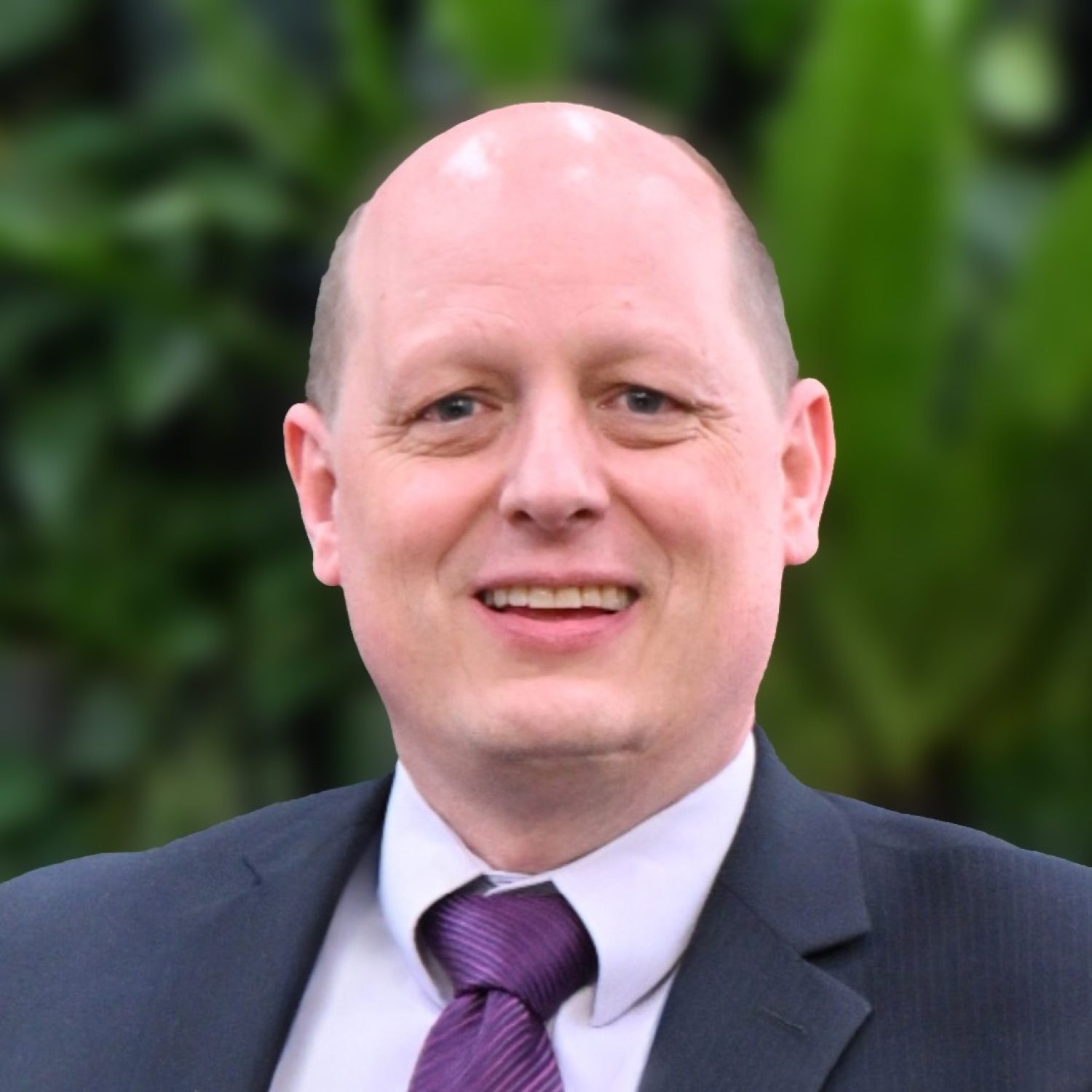
Rohan Schaap (ADB)
Rohan Schaap is the Director of the Investigations Division in the Office of Anticorruption and Integrity (OAI) at the Asian Development Bank (ADB). In this role, he oversees ADB’s investigation function, leading inquiries into allegations of fraud, corruption, and other integrity violations, and contributing to the development of institutional integrity policies and frameworks that strengthen accountability across ADB’s operations.
Rohan brings over 30 years of professional experience in conducting complex investigations at the international level, formulating integrity strategies, and advancing the global anti-corruption agenda.
Before joining ADB in November 2021, Rohan served as Deputy Chief Compliance Officer and Director, Investigations, at the European Bank for Reconstruction and Development (EBRD), where he managed investigations into staff misconduct and integrity violations related to EBRD-financed activities. He previously worked with the United Nations Development Programme (UNDP) as an Investigations Manager, the International Criminal Tribunal for the Former Yugoslavia (ICTY) as a Financial Investigator, and the Australian Securities and Investments Commission (ASIC) as a Senior Corporate Investigator specializing in financial markets.
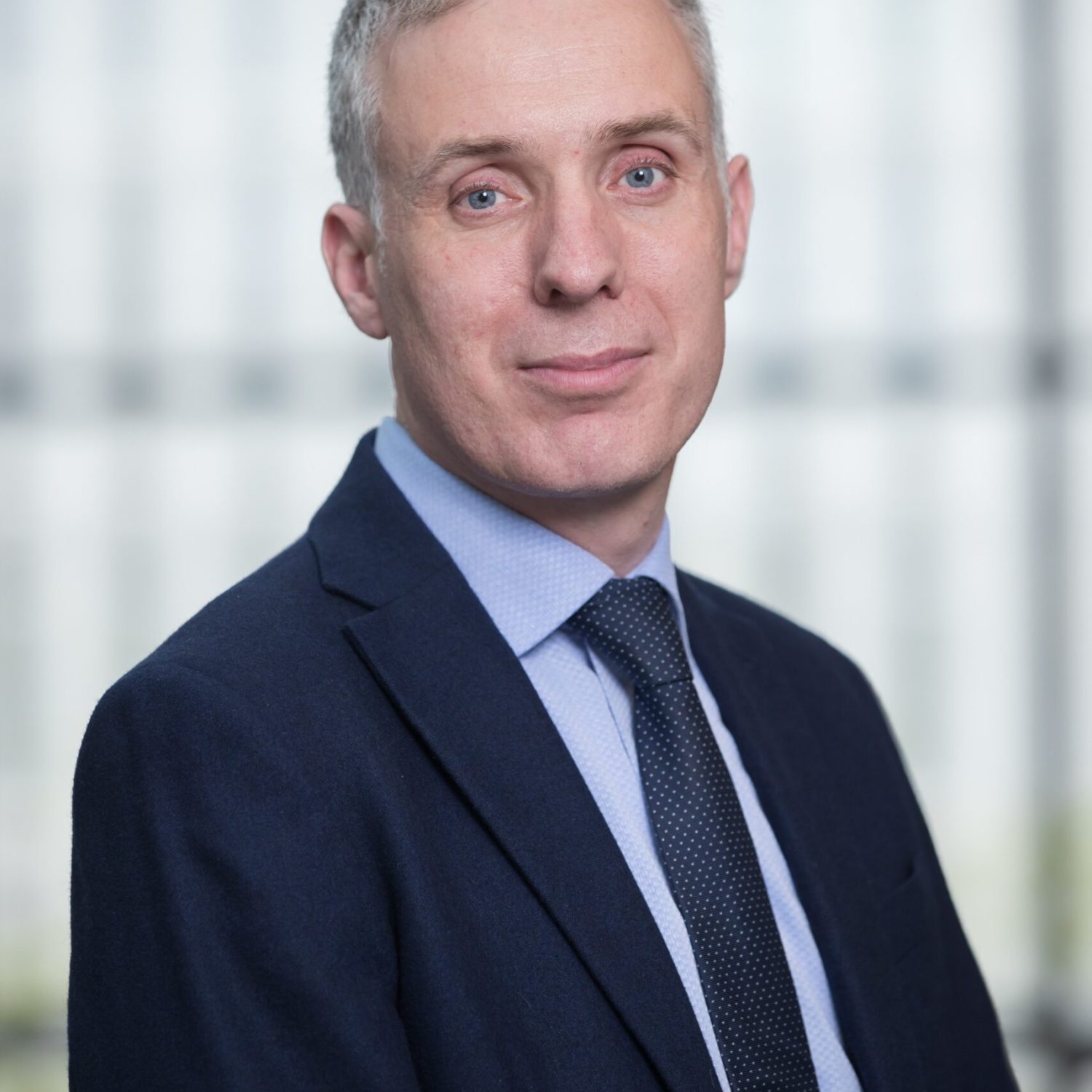
Michael Bushell (EIB)
Michael Bushell has been the Head of the Investigations Division at the European Investment Bank (EIB) since 2023. Before joining the EIB, he spent eight years with the United Nations World Food Programme, serving as Chief of Investigations in Nairobi, Kenya, and previously as the Investigations Team Leader in Rome, Italy.
Prior to his work with the UN, Michael worked with ‘An Garda Síochána’, the Irish National Police. He was seconded to the Criminal Assets Bureau for nine years, where his role focused on investigating the proceeds of crime and overseeing civil asset forfeiture cases.

